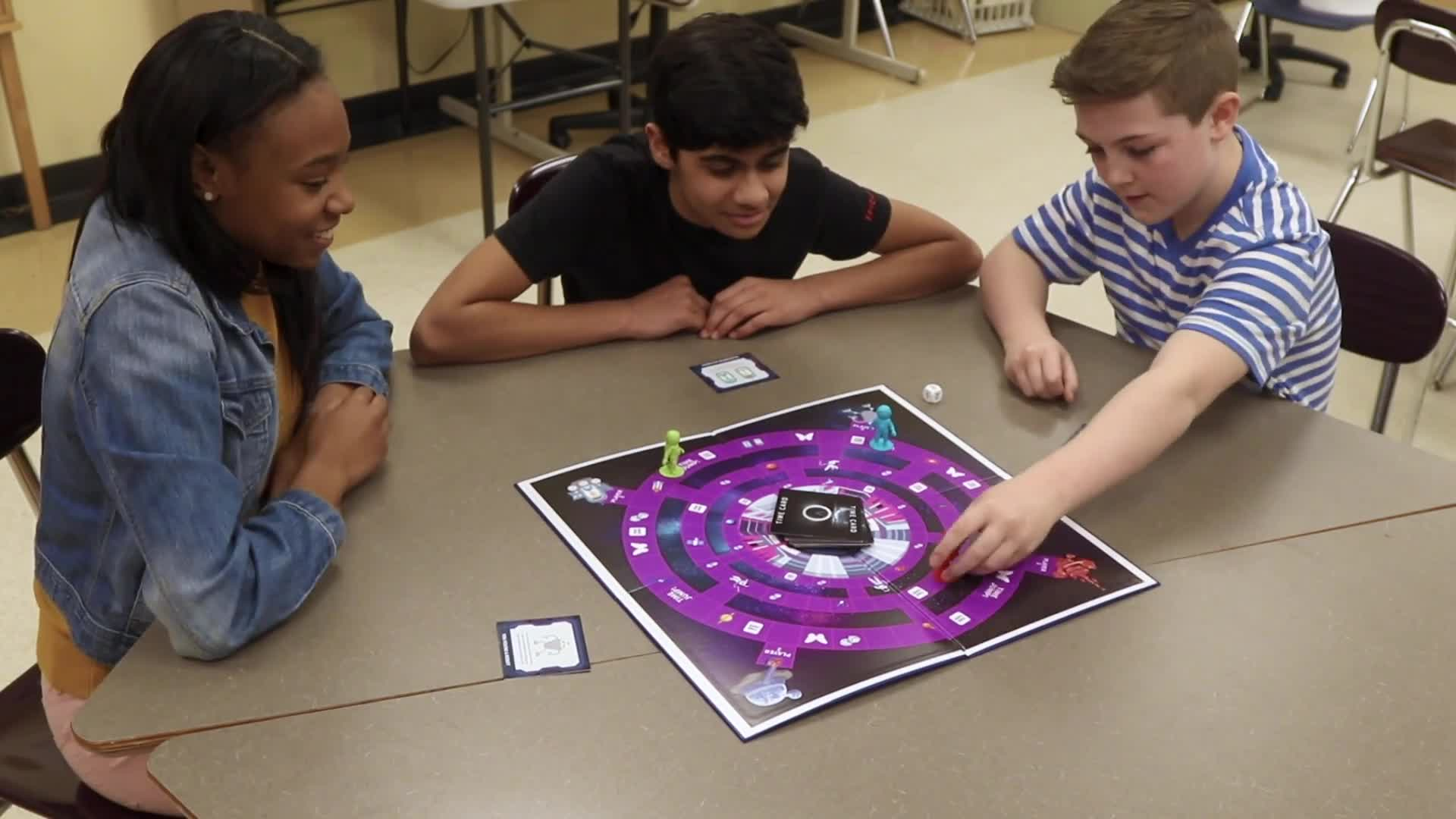
Introduction
As educators, we strive to teach our students valuable life skills that will help them develop strong social-emotional foundations. One of these essential skills is good sportsmanship. When we play games with our friends, we want to make sure everyone has fun. It’s important to be a good sport, which means not bragging if we win or complaining if we lose. Instead, we should focus on having fun and enjoying the game. In this blog post, we will discuss an easy no-prep activity to teach good sportsmanship to kindergarten students, followed by discussion questions, related skills, and next steps for further learning.
No-Prep Activity: Role-Playing Good Sportsmanship
This simple activity requires no preparation or materials from the educator. Students will role-play different scenarios that demonstrate good sportsmanship. Begin by dividing the class into small groups of 3-4 students. Here’s how to proceed:
- Explain the concept of good sportsmanship to the students, emphasizing the importance of having fun, being kind, and respecting others while playing games.
- Give each group a scenario to role-play. For example, one group could act out a situation where a student wins a game and shows good sportsmanship by not bragging.
- Allow the groups a few minutes to practice their role-plays.
- Have each group present their role-play to the class. After each presentation, discuss what the students did well and how they demonstrated good sportsmanship.
Discussion Questions
After completing the role-play activity, use these questions to stimulate further discussions about good sportsmanship:
- Why is it important to be a good sport when playing games with our friends?
- How do you feel when someone is not a good sport? How can we help others learn to be better sports?
- What are some ways we can show good sportsmanship even if we don’t win a game?
- How can we encourage others to be good sports when playing games together?
- Can you think of a situation outside of playing games where good sportsmanship is important? Explain your answer.
Related Skills
Good sportsmanship is just one of many important social-emotional skills that kindergarten students should develop. Other related skills include:
- Sharing and taking turns
- Cooperating with others
- Respecting differences and showing empathy
- Communicating effectively
- Problem-solving and conflict resolution
Next Steps
Teaching good sportsmanship is an ongoing process that requires practice and reinforcement. To further support your students in developing this valuable skill, consider signing up for free sample materials from Everyday Speech. You’ll gain access to a variety of resources, including videos, activities, and more, to help your kindergarten students continue to learn good sportsmanship and other essential social-emotional skills.

